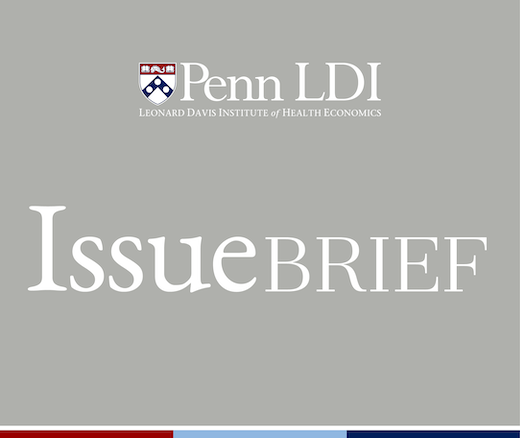
Medicaid Long-Term Services and Supports Data
Issue Brief: Understanding Gaps and Opportunities to Advance Research and Policy
Improving Care for Older Adults
In Their Own Words
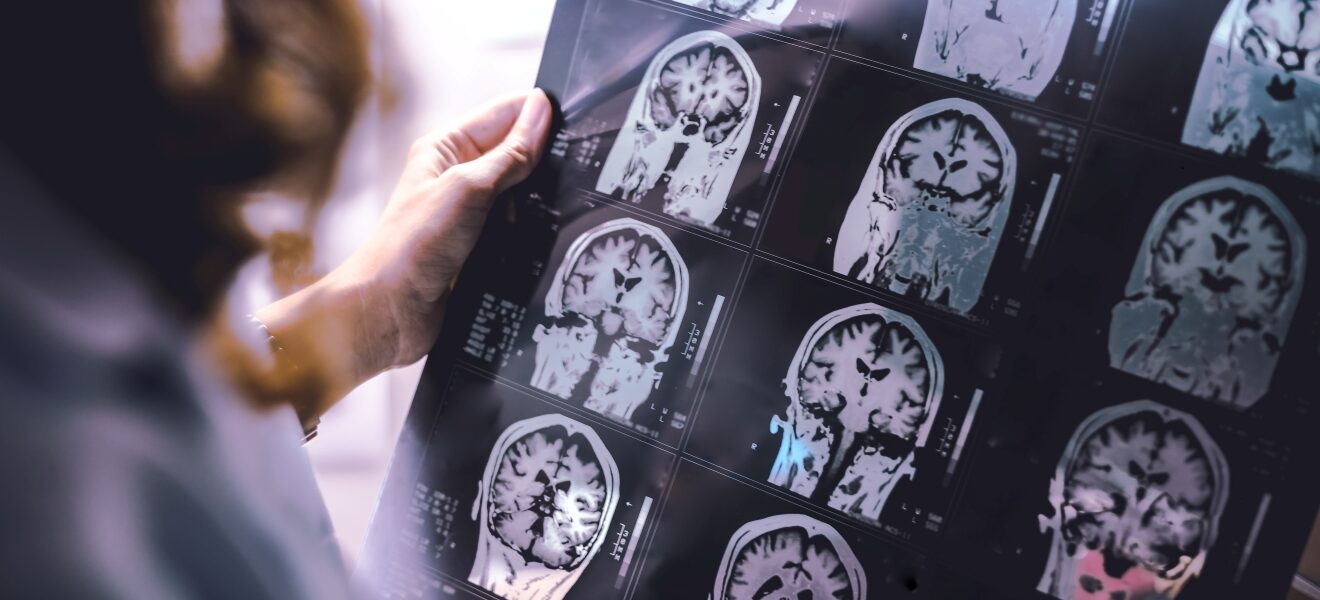
The following excerpt is from a First Opinion published on STAT News on October 14, 2025. It is the second of three installments in a new column, Neurotransmissions, which STAT invited Karlawish to write.
As a dementia specialist, I think of my work as that of a writer. To diagnose a patient, I write the story of their problems, embellished with an exam, tests of cognition, and brain scans that show that organ’s structure and function. If this story nicely matches the textbook description of a disease that causes dementia, it’s a diagnostic story, what doctors call “a classic case.”
Barbara was one of my classic cases of the “amnestic variant” of dementia caused by Alzheimer’s disease. Classic because at her new-patient visit with me at the Penn Memory Center, her and her daughter’s vivid stories nicely matched how Alzheimer’s typically unfolds, beginning with annoying problems with memory. She repeated questions and accounts of recent events (that’s the amnestic part — forgot the answer, forgot she already told you) and later developed problems with multitasking. She was no longer able to organize the household finances. Preparing a meal was a challenge. Her brain MRI showed notable loss of tissue in the medial temporal lobes, regions of the brain where the seahorse-shaped hippocampi nestle, a brain structure critical to forming new memories.
Notably, even her classic case was inflected with uncertainty. She had “probable Alzheimer’s disease.” It was probable because I couldn’t tell her and her daughter with certainty that Alzheimer’s was the cause of her dementia. Rather gruesomely, only after her death, when a pathologist examined her brain, could I see the disease.
Diagnostic biomarker tests are beginning to cast out this uncertainty. What’s notable is how they are also changing how patients and caregivers talk about living with the disease. Their stories are deep, personal reflections about what it is like to know the disease in their brain. These different feelings add up to different illness experiences. Over time, I think, those many experiences will change how cultures talk about dementia. To speak like a critic, they’ll deconstruct dementia.
Read the full First Opinion here.
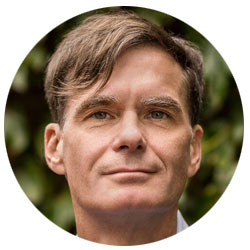

Issue Brief: Understanding Gaps and Opportunities to Advance Research and Policy
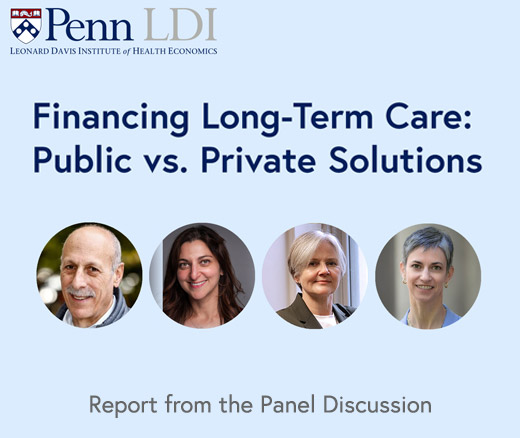
A Penn LDI Virtual Panel Looks Ahead at New Possibilities
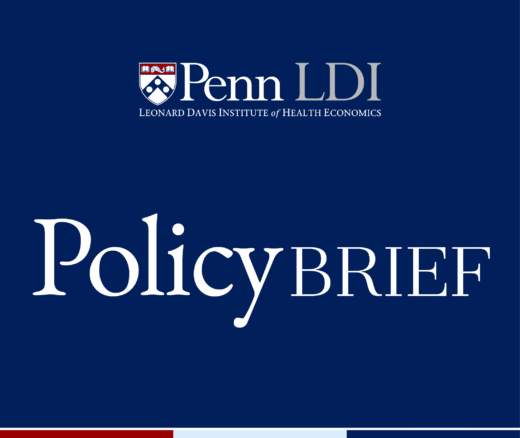
Lessons from the Past, Imperatives for the Future
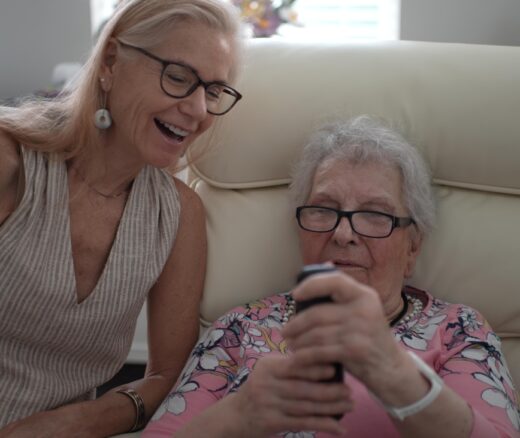
Technology Helps Older Adults Stay at Home—But May Delay Necessary Transitions to Higher Levels of Care

Her Transitional Care Model Shows How Nurse-Led Care Can Keep Older Adults Out of the Hospital and Change Care Worldwide
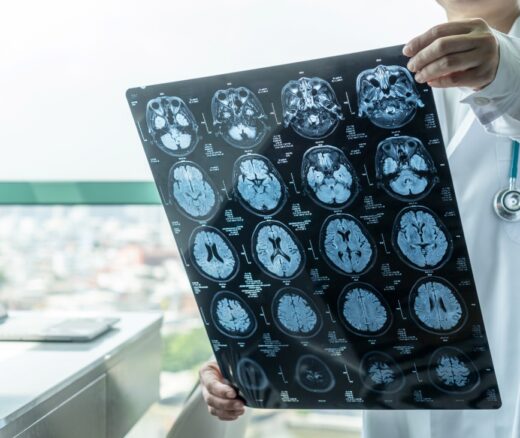
Direct-to-Consumer Alzheimer’s Tests Risk False Positives, Privacy Breaches, and Discrimination, LDI Fellow Warns, While Lacking Strong Accuracy and Much More